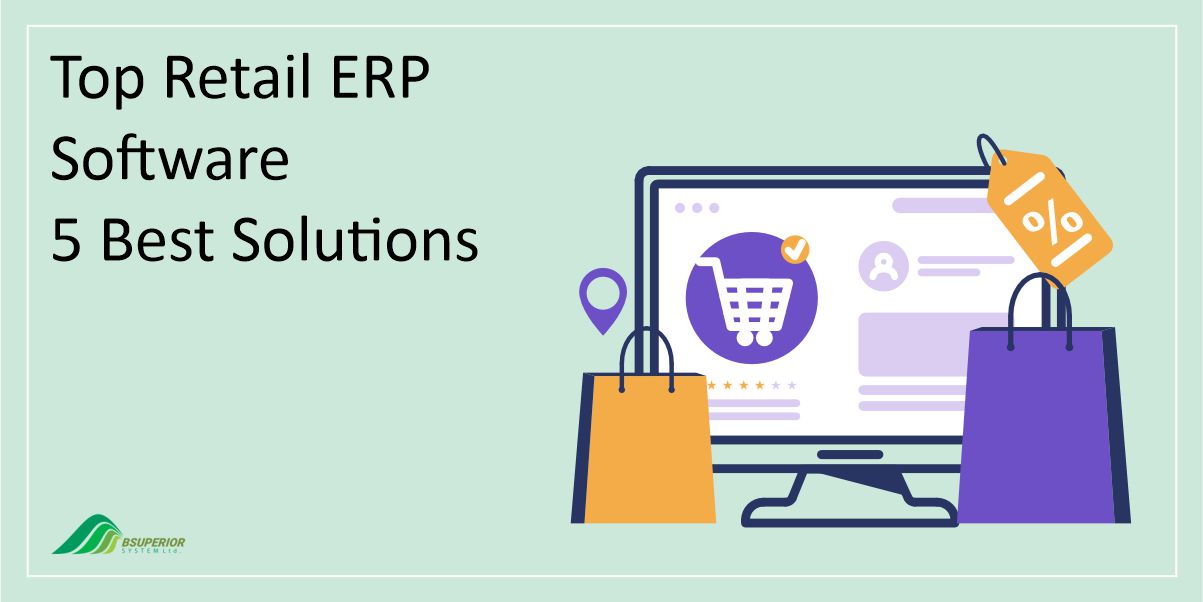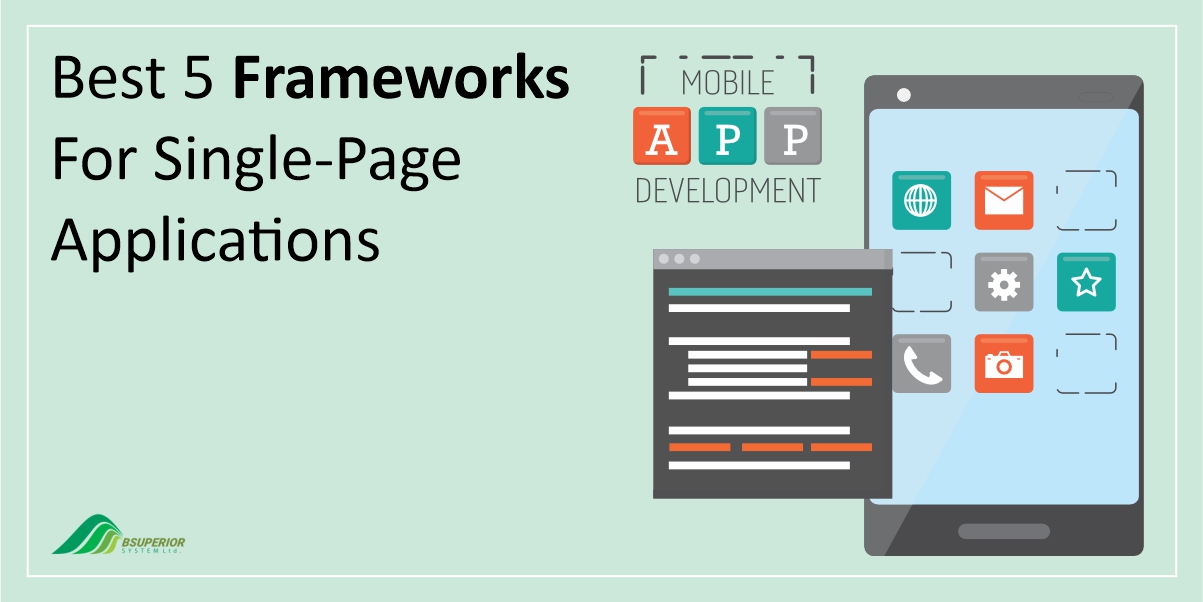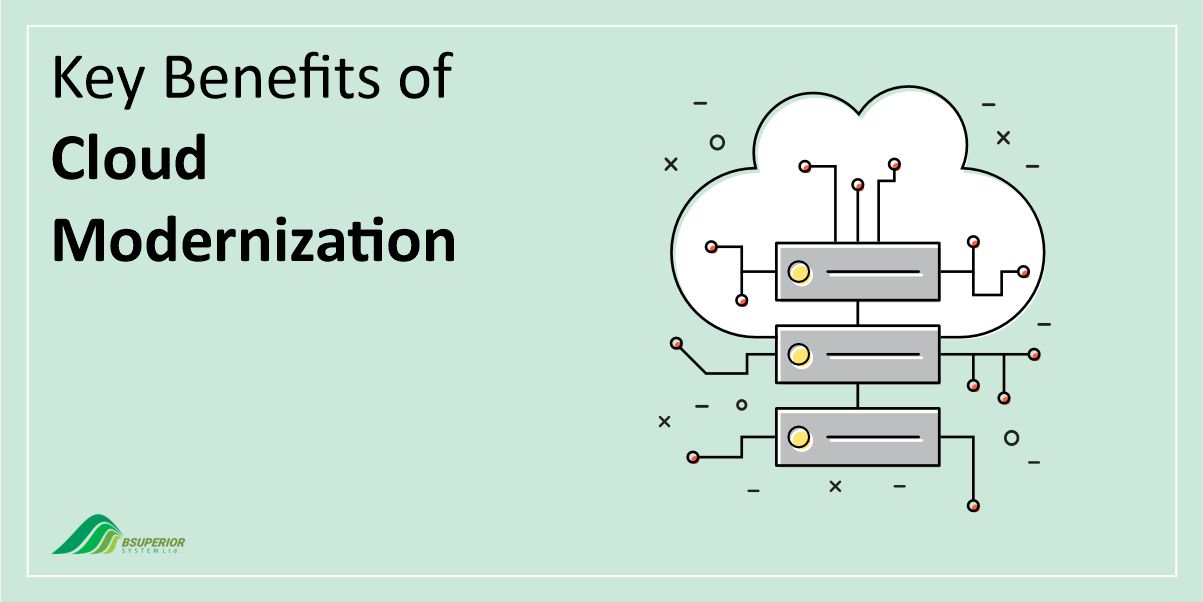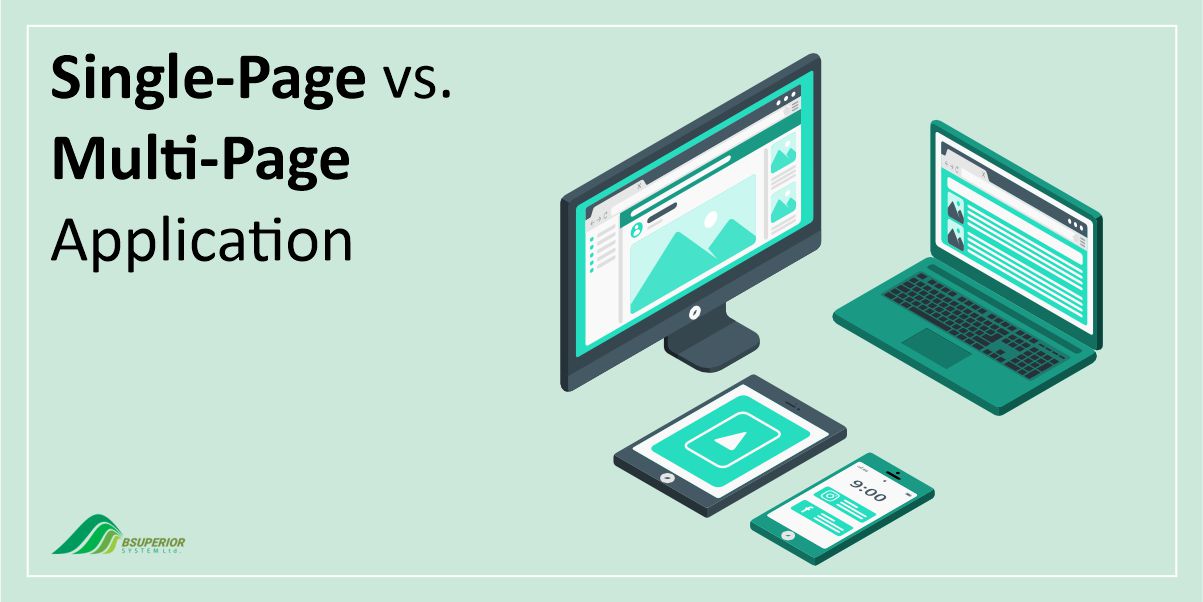Best ERP Software For the Small Manufacturing Industry [Top 10]
![Best ERP Software For the Small Manufacturing Industry Best ERP Software For the Small Manufacturing Industry [Top 10]](https://bsuperiorsystem.com/wp-content/uploads/2023/10/Best-ERP-Software-For-the-Small-Manufacturing-Industry.webp)
Table Of Content
- What is ERP Software?
- Types of ERP Software
- What is Small Business Manufacturing ERP Software?
- Reasons to Use ERP for Small Manufacturing Businesses
- Key Features of ERP for Small Manufacturing Businesses
- How do I Choose the Best ERP for my Small Business?
- Off-the-Shelf vs. Custom ERP Software
- Best ERP for Small Manufacturing Businesses
- What is the Best Free ERP for Small Businesses?
- What is the Cost of a Small ERP System?
- Do Startups Use ERP?
- Final Words
If you run a manufacturing business, you know how important it is to have a good ERP system. But how do you choose the best ERP system for your specific manufacturing needs? There are so many options out there, and they all have different features. How do you compare them and find the one that suits you best?
That’s why we did the hard work for you. In this blog post, we will share with you some of the top ERP systems to help you find the best ERP system for your manufacturing business.
What is ERP Software?
If you run a manufacturing business, you need a way to manage and coordinate all the different aspects of your operations. That’s where ERP comes in.
ERP, or Enterprise Resource Planning, is a business process management software that helps businesses manage their core operations, such as finance, sales, manufacturing, and supply chain.
It does this by integrating all of these functions into a single system, which allows businesses to streamline their processes and improve their efficiency.
ERP systems are particularly useful for manufacturing businesses, as they can help them manage complex production processes and ensure that products are delivered on time and to budget.
ERP systems can also help manufacturing businesses track their inventory levels, manage their suppliers, and optimize their production schedules.
Types of ERP Software
There are three main types of ERP systems for small manufacturing businesses:
- On-Premise ERP: You install and maintain the software on your own servers at your office. This gives you more control and security over your data, but it also means that you have to pay for the hardware, software, and IT staff.
You also can’t access your data from anywhere else, unless you set up a remote connection. - Cloud-Based ERP: The software is hosted online by a third-party provider, and you access it through the internet. This makes it easier and cheaper to set up and use as you don’t need to buy or maintain any hardware or software.
You can also access your data from any device, anywhere, anytime. However, you also have to trust the provider with your data, and you may face issues with internet speed or reliability. - Hybrid ERP: In this case, you use a combination of on-premise and cloud-based ERP systems. This is useful for businesses that want to have two levels of protection for their data, or that have different needs for different locations or departments.
For example, you may use an on-premise ERP system for your core operations, and a cloud-based ERP system for your field staff or remote offices.
What is Small Business Manufacturing ERP Software?
Small businesses have fewer operations and usually can’t afford to invest a lot in an internal system. That’s why they need a lightweight ERP system that is affordable and has the features they need.
A lightweight ERP system might not have all the features of a robust ERP system, but it will have the most important features, such as accounting and finance, inventory management, and project management.
Reasons to Use ERP for Small Manufacturing Businesses
There are many reasons of small why businesses need to use ERP systems. Here are some of the main reasons:
- ERP systems boost productivity: Many small manufacturers think they have everything under control, but they actually don’t. They waste time and money by trying to manage everything manually without a clear view of their operations.
ERP systems can help them plan and schedule their production and projects more effectively, with real-time data and analytics. This way, they can improve their efficiency and avoid delays or shortages. - ERP systems improve decision-making: Many manufacturers face problems when they don’t have the right materials or information at the right time. This can cause orders to be delayed or canceled, or customers to be unhappy.
ERP systems can help them avoid these problems by giving them a single, comprehensive view of their business. They can see and analyze all the data from different departments and functions, and spot any issues or opportunities. - They enhance customer service: ERP systems can help manufacturers understand their customers better by providing them with all the data they need.
They can see their customers’ buying habits, needs, and preferences, and tailor their products and services accordingly.
They can also communicate with their customers more effectively, and increase their customer relationship management abilities. - They comply with regulations: Manufacturers have to deal with many complex and changing regulations from the government or other authorities. ERP systems can help them manage their compliance efforts more easily by providing them with a single source of truth for all their data. They can quickly and easily identify any areas that need improvement or changes, and avoid any penalties or fines.
- They increase profitability: All of these benefits can lead to higher profitability for manufacturers. By increasing efficiency, reducing costs, improving quality, and satisfying customers, they can increase their profits and grow their business.
They can also better estimate and track their costs on products, and compete with larger competitors in their market.
Key Features of ERP for Small Manufacturing Businesses
These are some of the features that you should look for in a small manufacturing ERP system.
- Project Management Dashboard: A good ERP system will give you a dashboard that lets you see and control all aspects of your operations. You can use this feature to improve your quality control and monitor your progress.
- Inventory Management: Inventory is one of the most important parts of your supply chain, and you need a system that can help you keep track of it.
Some of the functions of an inventory management module are:
- Stock monitoring and transfer management
- Procurement management and product lifecycle management (PLM)
- Sales order management
- Analytics and forecasting tools
- Finance and Accounting Module: Most ERP systems come with a module that automates and simplifies your accounting and finance tasks, such as:
- Accounts receivables
- Accounts payables
- Payroll management
- Greater Customer Details: Your customers are the lifeblood of your business, and you need to provide them with fast and reliable service. CRM tools help you do that by consolidating your customer data and interactions into one place.
You can access information on your customers’ purchase histories, past issues, preferences, and more without wasting time.
How do I Choose the Best ERP for my Small Business?
To choose the right ERP system for your business, you need to take a number of important points into consideration. The ERP system that you will go with must have:
- Software functionalities and features: The ERP system should have the modules and features that are essential for your business processes, such as accounting, inventory, or supply chain management. You don’t want to change your business practice to fit the ERP software’s features.
- Integrations: The ERP system should be able to communicate with other software solutions that your business uses, such as reporting tools or CRM systems. This will help you access and share data across different business functions and improve efficiency.
- Company reputation and expertise: The ERP provider must have a good reputation for quality and reliability, and have experience with your industry.
You should check online reviews to see what other clients think of their service and support. You should also look for a provider that specializes in your industry and understands your specific challenges and needs. - Costs: The ERP system should have a reasonable price that matches its value and functionality. You don’t want to pay for features that you won’t use or that don’t meet your business needs. You should also consider the cost of implementation and any additional resources required.
- Implementation process: The ERP system should be easy to implement and use, with minimal training and disruption. You should also check what kind of support and training the software provider offers to help you with the implementation.
- The future: Last but not least, the ERP system should be able to adapt to changes in your business environment, such as new hardware, software or integrations.
You should also ask about the frequency and quality of software upgrades and support services. The ERP system should also be able to scale with your business growth and expansion.
Off-the-Shelf vs. Custom ERP Software
There are two main kinds of ERP solutions, namely custom ERP software solution and ready-made solution.
Custom ERP solutions, as the name suggests, can be adapted to fit your business’s specific needs and requirements. You can customize the features and design of an ERP system based on your existing platforms.
Typically, you need to hire a software engineering company to create a unique software that matches your business operations, team size, and characteristics.
On the other hand, ready-made solution, aka off-the-shelf ERP solutions, are pre-built software solutions that you can buy from various providers on a subscription basis.
They support different corporate needs and industries. These options are easy to find and easy to implement.
It can be quite challenging to choose between a custom ERP and an off-the-shelf ERP. However, given that custom ERP is made according to your company’s needs and preferences, it is a better choice. A custom ERP may seem more expensive now, but it will save you money and time in the long run.
Best ERP for Small Manufacturing Businesses
If you run a small business, you might be wondering what are the best ERP systems for your needs. Below we’ll provide you with a list of the best 10 ERP systems for small businesses in 2023 which are designed to meet the needs and challenges of small businesses. These ERP systems are:
- NetSuite
- MRPeasy
- Cetec
- Method
- E2 ERP
- Epicore Kinetic
- Global Shop Solutions
- Genius ERP
- Sage 100
- Versa Cloud ERP
NetSuite
If you are a growing manufacturer, you might be looking for a cloud ERP that can help you manage and improve your operations in one place. One of the best options you can consider is Oracle NetSuite, a manufacturing cloud ERP.
Features
- Planning and scheduling tools: You can choose how to view and plan your upcoming products, either with a traditional calendar view or a Gantt chart. You can also create production schedules with easy drag-and-drop tools.
- A global ERP solution: NetSuite supports multiple languages and currencies, so you can use the system in different countries without needing any extra apps.
MRPeasy
MRPeasy is a cloud-based ERP software solution that suits the needs of small manufacturers with limited budgets. It allows users to automate manual processes such as invoicing, inventory management, order tracking, and customer service management.
Features
- Production control tool: MRPeasy has production control tools that help businesses monitor their production processes, such as material requirements planning capabilities.
This lets companies see exactly how much material they need for each job or project without manually calculating it each time something changes in their workflow process. - Quality control features: These features are also available to detect and solve potential problems in production.
- Forecasting features: By offering forecasting features, MRPeasy allows users to estimate future demand based on previous sales trends and patterns to better prepare themselves for upcoming projects or jobs they may be taking on.
- Customer database: The software also has a customer database that stores customer information such as addresses, phone numbers, and emails to support customer relationship management.
Cetec
This cloud-based ERP is a simple and affordable business solution that you can access from a web browser. It offers a comprehensive software platform that combines ERP, MRP, CRM, and QMS features.
Features
- Mobile warehousing: A set of advanced automation tools like barcode scanners and mobile printers that enable warehouse staff to improve their speed and accuracy.
- Real-time reporting tools: Using business intelligence tools, users can transform data into visualized custom reports to better understand their key metrics.
Method
Method is an innovative solution designed for small manufacturing enterprises that offers a cloud-based platform. It provides seamless access to customer information, automates various tasks, facilitates order tracking, invoice generation, and more.
With a particular emphasis on Customer Relationship Management (CRM), Method enables efficient management of leads and sales opportunities through a centralized and easily accessible hub.
Features
- Real-time data sync with QuickBooks and Xero: Method offers potent, real-time, two-way synchronization with QuickBooks and Xero.
- CRM + ERP integration: Method serves as a dynamic automation tool that can be adapted to suit your requirements. While providing immediate CRM functionality, it allows automation of various workflows that extend beyond direct operations to encompass areas like marketing and accounting.
E2 ERP
E2 ERP by Eis a modular manufacturing system for small-to-medium businesses. This adaptable small manufacturing ERP system lets users choose which modules suit their business best.
Features
- Flexible estimating and job costing module: A configurable module that lets you pre-set codes that automatically calculate rates and costs for items like burden rate, labor rate, set-up time, etc.
- Mobile shop suite: Apple and Android compatible apps that let you access important data, work with shop managers, and talk to customers and vendors through their mobile devices.
Epicor Kinetic
Epicor Kinetic is a future-focused cloud-based manufacturing software solution that you can customize to your needs. The software has integrated features such as APS, CRM, and CPQ.
Features
- Human capital management features: It provides self-service HR processes and lets your employees set their own goals.
- Governance, risk, and compliance software: This module helps you follow legal, supply chain, and regulatory rules to reduce the risks involved with compliance.
Global Shop Solutions
Global Shop Solutions provides small business ERP solutions for manufacturers, available in both on-premise and cloud-based options.
Its comprehensive multi-modular application encompasses over 30 modules, covering areas such as CRM, accounting, estimating and quoting, routing, shipping, sales, and more.
Key Features
- Extensive reporting capabilities: Gain valuable insights into your business performance and forecast trends with unlimited reporting functionality.
- Efficient planning and scheduling tools: Utilize a user-friendly drag-and-drop scheduling system to effortlessly schedule jobs and efficiently manage resources, eliminating unnecessary time and effort.
Acumatica
Acumatica is a cloud-based solution that helps businesses with cross-team workflows and AI-powered automation to make collaboration and coordination easy.
Features
- Integrations with dozens of pre-built software: The Acumatica marketplace offers dozens of native and third-party integrations, from Shopify and MES software by LYNQ to sales order automation by OrderAction.
- Flexible licensing plans: Choose what functionalities you need and only pay for them, leading to greater cost savings.
Sage 100
Sage 100 is an ERP software designed for small-to-midsize manufacturers. It caters to a range of production styles, from simple assembly to customized fabrication.
Features
- Inventory equipment planning: Monitor the availability of raw materials, open purchase and sales orders, and other relevant aspects of your inventory.
- Custom scripting: Develop automation for both simple and intricate processes, facilitating the seamless import of files into third-party applications.
Versa Cloud ERP
Versa Cloud ERP targets small businesses that are looking for advanced resource planning features. The software aids in monitoring, overseeing, reporting, and consolidating data pertaining to inventories, revenue, and reports.
Features
- Cloud-based: Operating as a cloud-based solution, this ERP is accessible from any location through desktop or mobile devices.
- Real-time insights: It offers real-time financial and operational insights that help managers make well-informed decisions.
What is the Best Free ERP for Small Businesses?
Free ERP software is a solution that lets the public access the source code. Anyone can see, edit, or improve the source code. The resources are widely used, regularly managed and maintained by organizations with a specific goal.
The best free ERP systems, such as Vormittag, xTuple, and ERPNext, have the basic functions that allow users to create reports or data visualizations and are simplified versions of the professional or corporate editions.
What is the Cost of a Small ERP System?
ERP is costly because it has many business tools that are very useful for businesses of all sizes and industries. Modules include everything from basic financials to HR and CRM. But, there are more factors to consider than functionality.
Costs can change a lot depending on factors like the size of your organization, the specific features and functionality you need, and the vendor or provider.
For a small business making about $1 million in annual revenue, ERP prices are expected to be between $1,740 and $4,620 per month. This is $20,880 to $55,440 per year, which doesn’t include initial implementation or user training.
Do Startups Use ERP?
ERP systems have traditionally been used by larger enterprises, but startups have started using ERP more often in recent years.
Startups have to decide whether to invest in ERP early on or wait until they have more funds and resources. But, there is no doubt that using an ERP is not a choice; it is a necessity.
When it comes to startups, entrepreneurs have to choose an ERP that balances limited resources with organizational goals and strategies.
Final Words
The search for the best ERP system is not only a financial investment but a strategic decision that affects your business direction.
While costs depend on organization size and specific needs, the return on investment is seen in terms of improved processes, happy customers, and sustainable growth.
As you start the ERP journey for your small manufacturing business, remember that the right ERP system is not just a software solution; it’s a partner in your growth story.
Choose carefully, implement diligently, and watch your small manufacturing enterprise transform into an efficient, competitive, and future-ready force in the industry.
We value your input and believe this content may enhance our services. However, it's under review. If you see room for improvement, please use the "Report an issue" button below. Your feedback helps us excel.
Contact us today at –– and speak with our specialist.




